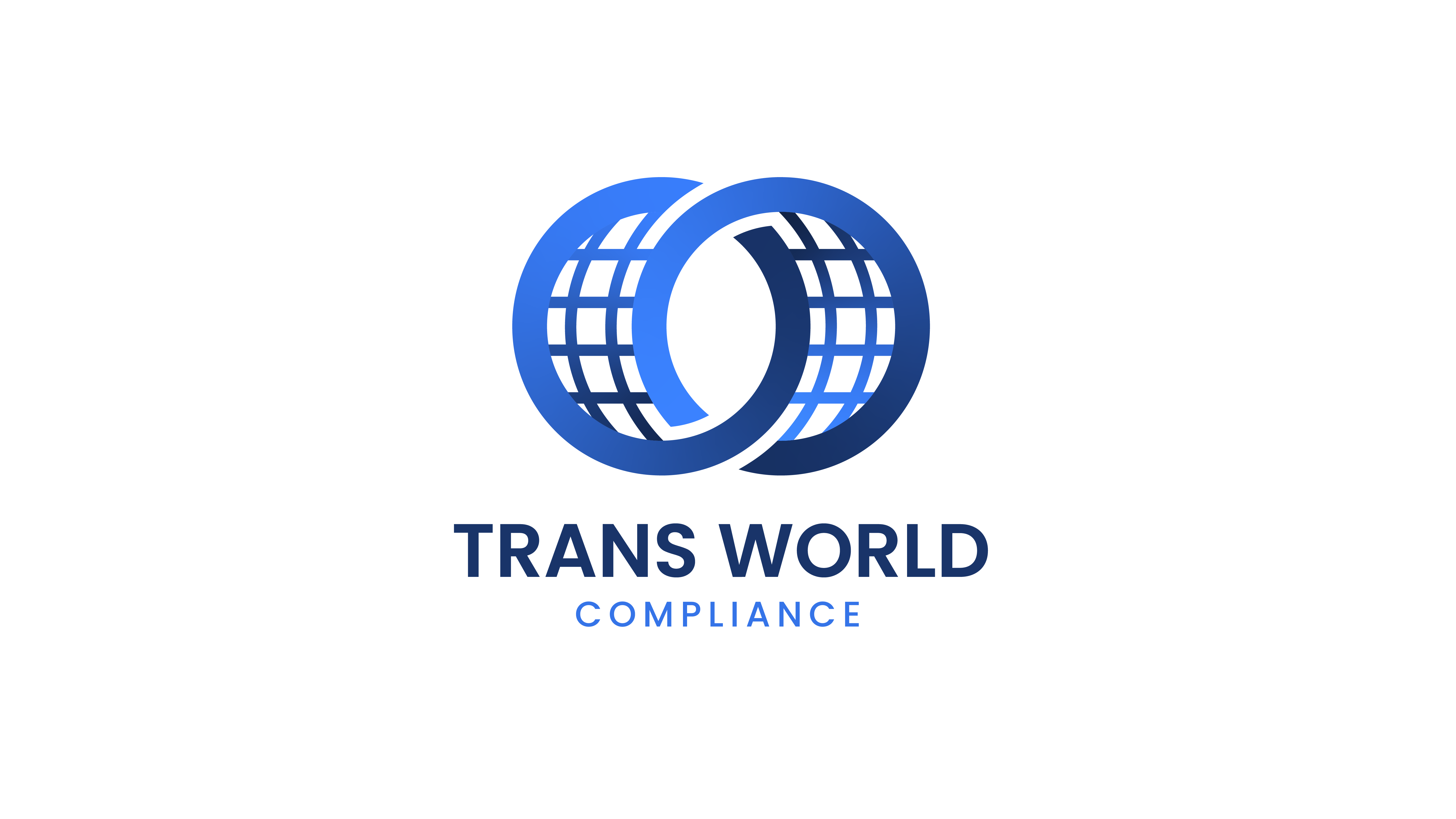Three news to start your week: February 5
Iran used Lloyds and Santander accounts to evade sanction
(Financial Times)
Iran engaged in a massive sanctions-evasion scheme supported by Tehran's intelligence services that involved the covert international money transfer of two of the UK's largest banks.
According to documents seen by the Financial Times, Lloyds and Santander UK gave accounts to British front companies that were covertly owned by an Iranian petrochemicals company under sanctions located close to Buckingham Palace.
The US accuses a network that included the state-run Petrochemical Commercial Company of coordinating with Russian intelligence services to finance Iranian proxy militias and of generating hundreds of millions of dollars for the Iranian Revolutionary Guards Quds Force.

German Authorities Seize $2 Billion Worth of Bitcoin
(The New York Times)
According to the police on Tuesday, a German programmer suspected of operating an illicit movie streaming website over ten years ago sent $2.17 billion in Bitcoin to the authorities to reimburse at least some of the money he had earned illegally. The man had to hand over the money using his unique Bitcoin credentials.
A representative for the Saxony state police, Kay Anders, stated, "This is the most extensive seizure of Bitcoins by law enforcement in the Federal Republic of Germany to date." Mr. Anders noted that the funds would stay in the government's Bitcoin account until a judge determines what to do with them.
The man, who has only been identified as a 40-year-old German citizen, and his business associate are being investigated for allegedly operating the most popular illegal video-sharing website in the nation at one point.

Oil Traders won Ecuador deals with $70,000 watch and bags of cash
(Bloomberg)
According to testimony over the past four weeks in a Brooklyn courtroom, a luxurious bathroom makeover, a $70,000 Patek Philippe wristwatch, and a minimum of twelve bags of cash are just a few of the bribes paid to secure oil trading business in Ecuador.
The trial of a former trader for the Vitol Group has opened a previously unheard-of window into blatant misconduct that persisted into this decade.
The extent of corruption in Ecuador's political elite and among the most significant oil traders in the world over the past 15 years has been made clear by the testimony of two brothers, Antonio and Enrique Pere, who oversaw bribe payments, as well as Nilsen Arias, the former head of international trading at the country's state oil company.





